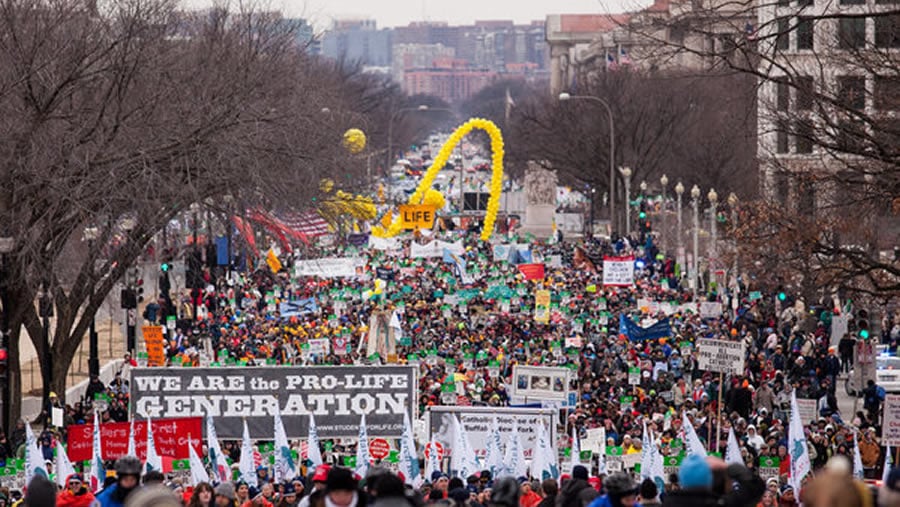This piece was originally published on January 24, 2020. Given the election results earlier this week in Ohio as well as other similar post-Dobbs results in Kansas, Kentucky, and Michigan, we are republishing the piece today.
Several years ago Matthew Lee Anderson wrote in these pages that there is no pro-life case for Donald Trump. In many ways the argument has not aged well—Anderson was deeply skeptical that Trump would make good on his promise to appoint pro-life justices. I shared that skepticism. We were both quite obviously wrong on that point—and our friends were happy to remind us of that.
Login to read more
Sign in or create a free account to access Subscriber-only content.
Topics:
